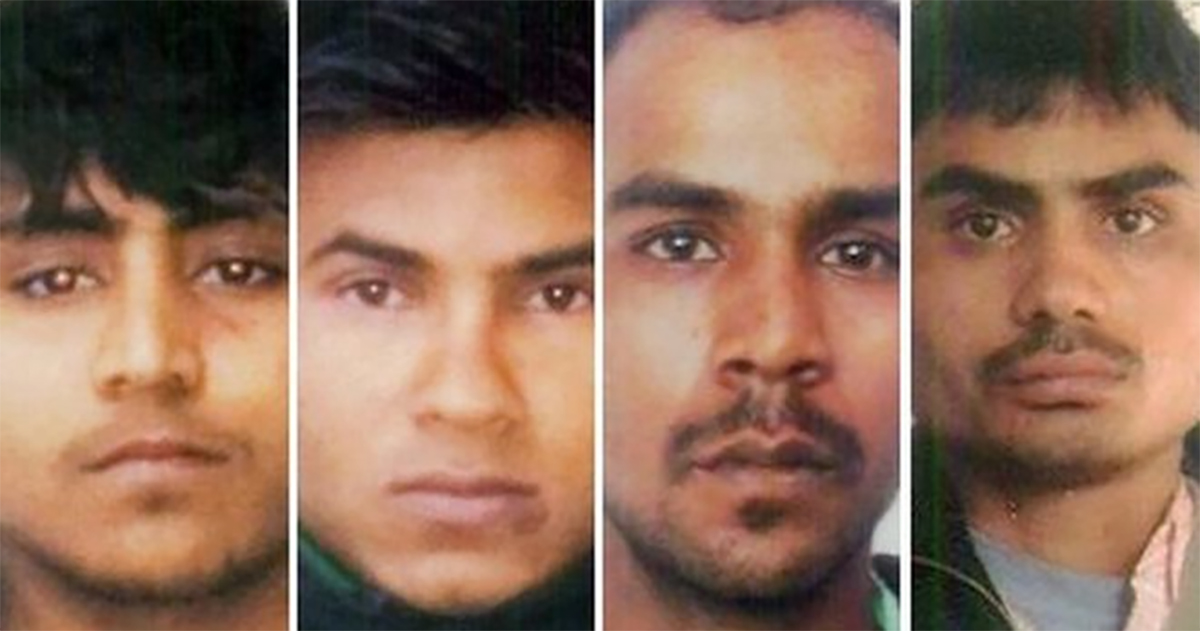India executed four men on Friday, March 20 for the gang-rape and murder of a woman on a Delhi bus in 2012.
The four were hanged at 5:30am at Tihar Jail in the Indian capital.
It was India's first use of capital punishment since 2015.
The execution sparked small celebrations outside the prison, and may culminate in further celebrations despite government advice to avoid crowds because of Covid-19.
The brutal attack on Jyoti Singh had ignited international revulsion and weeks of demonstrations in India.
It also shone a spotlight on the alarming rates of sexual violence and the plight of women in India.
Capital punishment has received widespread support in the world's biggest democracy.
"We are satisfied that finally my daughter got justice after seven years," the victim's mother Asha Devi told reporters outside the jail.
"The beasts have been hanged."
Background
Singh, 23, was returning home from the cinema in the evening with a male friend on Dec. 16, 2012.
They boarded a Delhi bus, thinking it would take them home.
Five men and a 17-year-old boy knocked the friend unconscious and dragged Singh to the back of the bus and raped and tortured her with a metal rod.
The physiotherapy student and the friend were then dumped on the road.
Singh died 13 days later in a Singapore hospital from massive internal injuries.
"A decent girl won't roam about at 9pm," one of the perpetrators later told a BBC documentary that was banned in India.
Singh, nicknamed "Nirbhaya" or "fearless", survived long enough to identify her attackers and all six were arrested.
Four were convicted in 2013.
A fifth, the suspected ringleader, was found dead in jail in a suspected suicide.
The 17-year-old spent three years in a juvenile detention centre.
Nearly 34,000 rapes were reported in India in 2018, according to official data. This is considered the tip of the iceberg.
Singh's ordeal struck a chord as a young generation of women were trying to break out of a traditional society.
Tougher punishments for rapists were enacted subsequently, including the death penalty for repeat rape offenders.
Almost 150,000 rape cases are awaiting trial in India's dysfunctional criminal justice system.
If you like what you read, follow us on Facebook, Instagram, Twitter and Telegram to get the latest updates.
